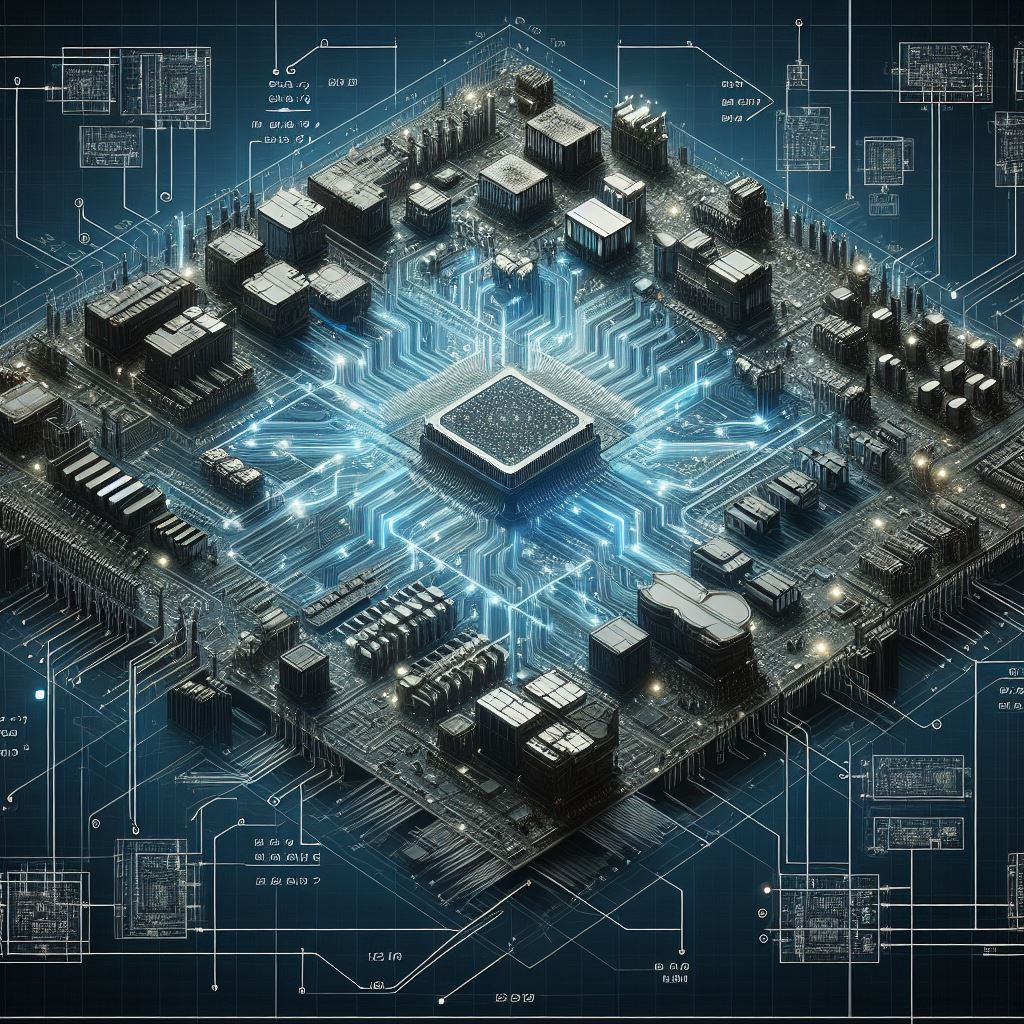Startups are coming up with new tactics to push technology to its limits and find new ways to use the existing and new tech that we have never imagined before. Especially in the field of computing, with the surge of AI.
A startup, Celestial AI, has announced that it has developed a new solution to lower the power consumption of computer chips by 90%. Their technique is to combine DDR5 memory with HBM, in this way, they also increase the efficiency of the chip. The technology is expected to be used by AMD for the first time.
A possible deal with AMD
The details are not much clear, but the startup is said to be in negotiations with a few different possible clients, one of them being a giant processor maker. The rumor is that it could be possibly AMD. As AMD is said to have ventured into photonic fabric tech, which is the field of Celestial AI.
As recently, in a Series C funding round, Celestial AI secured $175 million to commercialize the photonic fabric technology that it has developed, which it claims to change the optical interconnect techniques. According to the startup,
“Our Photonic Fabric™ technology is redefining optical interconnects for AI computing and memory infrastructure. A transformative leap in AI system performance that is ten years more advanced than existing technologies.”
Source: Celestial AI.
Celestial AI is working on silicon photonics to bypass the barriers in interconnects by combining DDR5 and HBM. For AI advancements, it is necessary to make new progress, either in the hardware used or in interconnecting techniques.
Due to the fact that the well known methods of interconnect used by Nvidia’s NVLINK and even by AMD’s Infinity Fabric have their own set of limitations, despite linking thousands of accelerators. And the fact is that they have limitations not just in their efficiency in interconnecting but also in restricting the possibility for expansion, so the industry needs to find alternate techniques.
Celestial AI will commercialize its photonic fabric tech
As said above, the startup has secured $175 million, and the icing on the cake is that AMD is also backing them, which hints at the possibility of how much potential it has. Celestial AI’s co-founder, Dave Lazovsky, also says that many potential customers have shown interest in their photonic fabric.
Speaking of the capabilities of their photonic fabric, they said that its first generation tech can process 1.8 TB per second, and that only with one square millimeter. According to them, their second generation may see a jump to possibly four times of that.
According to Celestial AI, their interconnect technology will take some time and may not be available on the market before 2027. By that time, many different firms may try their hand at silicon photonics, and celestial AI will have to face tough competition.
But as of now, Lazovsky says that they are seeing customer adoption of their solutions on a larger scale, especially their full-stack offerings. He also said that they are excited to be working with industry giants in the future.
Original story is available here.




